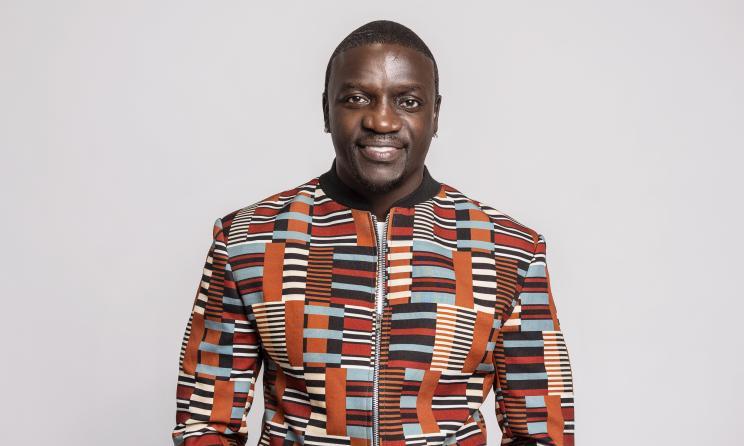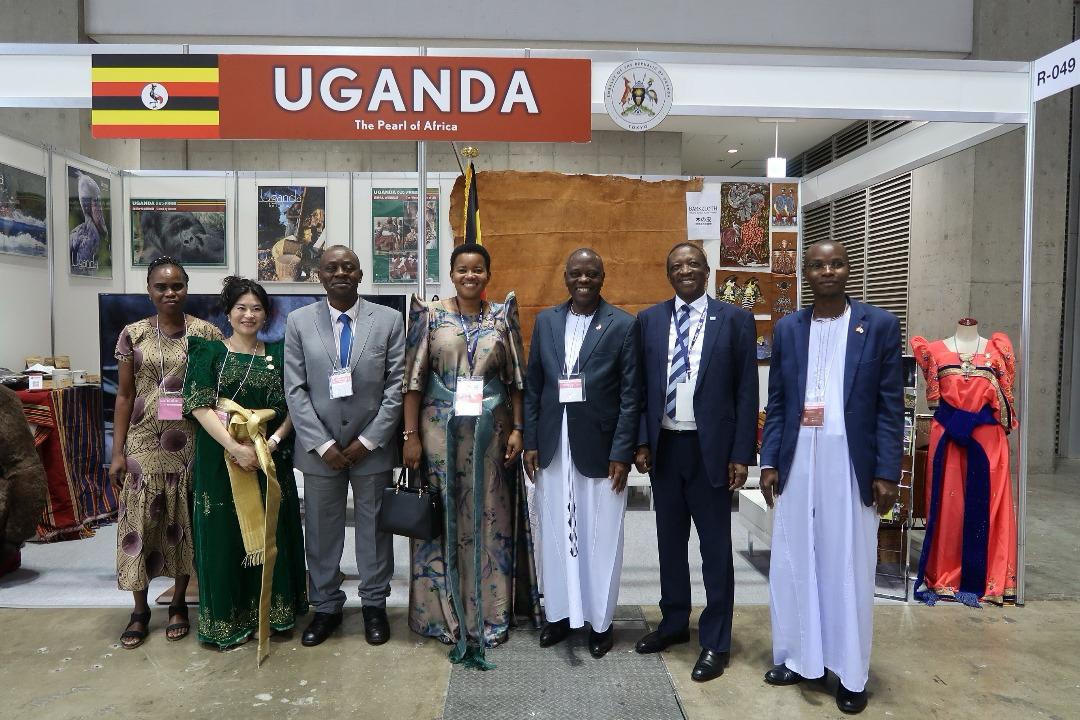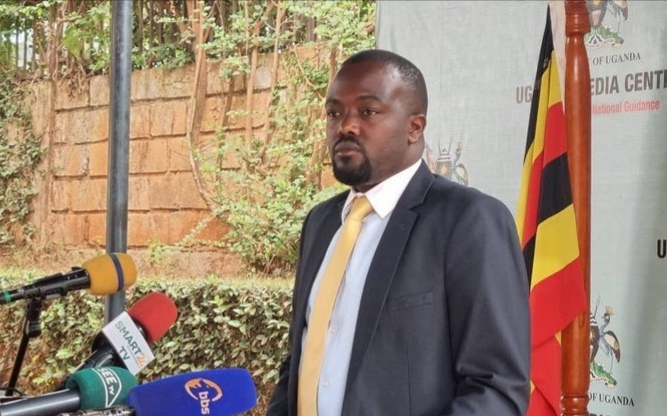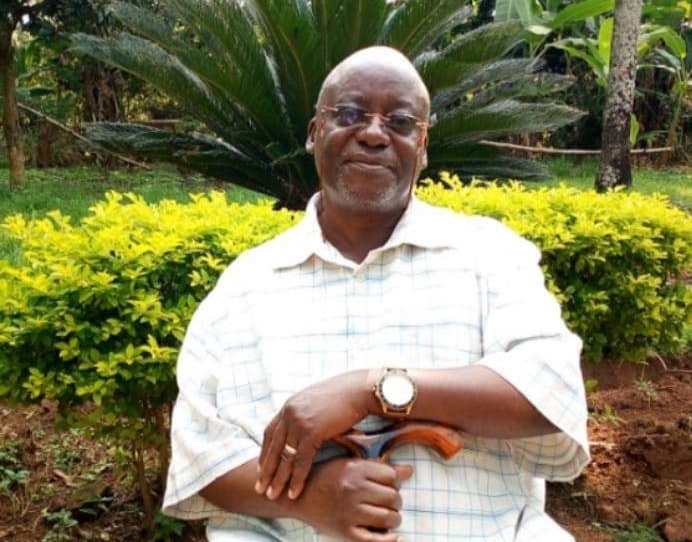Music has always been a driving force for social change, particularly in Africa, where it played an instrumental role in the fight for independence across the continent. In South Africa, musicians wielded their art as a weapon against apartheid, while in Uganda, songs were critical during the tumultuous regimes of Milton Obote and Idi Amin. Today, music continues to shape political discourse in Uganda, where Robert Kyagulanyi, better known as Bobi Wine, has emerged as a leading opposition figure through his songs that criticize bad governance and inspire hope. His rise, however, has triggered a wave of attacks from his fellow musicians, many of whom have been co-opted by the ruling government. Despite these efforts, Bobi Wine’s message and influence remain undeterred, proving that music’s political power cannot be easily silenced.
During Africa’s fight for independence, music became an essential tool for resistance. In South Africa, the anti-apartheid movement thrived on the melodies and messages of musicians like Hugh Masekela and Miriam Makeba. Their music captured the anguish, anger, and hope of the people, uniting oppressed communities and mobilizing international support against the racist regime. Songs like Makeba’s “Soweto Blues” immortalized the Soweto Uprising, while Masekela’s “Bring Him Back Home” became an anthem calling for Nelson Mandela’s release. Through their music, these artists exposed the world to the horrors of apartheid and inspired generations to continue the fight.
Elsewhere on the continent, music took a similar role in uniting people against colonial rulers and dictators. In Uganda, during the rule of Milton Obote and later Idi Amin, songs from brave musicians spoke to the people’s suffering. Lyrics condemned the violent tactics, economic mismanagement, and widespread repression during these regimes, providing solace to those who opposed the government’s rule. Even without social media or modern-day communication tools, music traveled far and wide, becoming a beacon of resistance against tyranny.
In Uganda, the tradition of using music as a tool of resistance is alive and well through the figure of Bobi Wine. Emerging as a popular musician in the early 2000s, Bobi Wine’s lyrics always carried a strong social and political message. Songs like “Ghetto, Tugambire ku Janepher, Dembe,” and many more directly addressed the everyday struggles of Ugandans, criticizing corruption, poor governance, and the widening gap between the rich and poor. Over time, Bobi Wine evolved from an entertainer into a political figure who sought to translate his message into tangible change. In 2017, he was elected as a Member of Parliament for Kyadondo East and later declared his intention to challenge President Yoweri Museveni in the 2021 presidential election.
Bobi Wine’s popularity stems from his ability to blend music and politics in a way that resonates deeply with ordinary Ugandans. His songs have become anthems for political rallies, with “obululu tebutwawule” being used as the official song by the Electoral Commission in the 2016 general elections, and his message has inspired a new generation of young people who feel excluded from Uganda’s political and economic systems. He has used his platform to encourage Ugandans not to lose hope, often describing himself as a voice for the voiceless. His call for peaceful change through “People Power” has grown into a nationwide movement, positioning him as the strongest opposition leader Uganda has seen in decades.
Recognizing the threat that Bobi Wine poses, the ruling National Resistance Movement (NRM) under President Museveni has employed various tactics allegedly to weaken his influence. One notable strategy has been to turn Bobi Wine into a bargaining chip for fellow Ugandan musicians seeking financial support from the government. Numerous artists have traveled to meet General Salim Saleh, Museveni’s younger brother, in Gulu, where they have reportedly received substantial financial backing purportedly aimed at undermining Bobi Wine. These artists, some of whom once shared the stage with him, are often accused of aligning with the government in exchange for money, thereby creating a rift within the music community. This calculated move not only targets Bobi Wine but also reflects a broader alleged strategy by the NRM to co-opt cultural figures to mitigate dissent and maintain control.
One of the most notable tactics has been to recruit fellow musicians who were once close to Bobi Wine. Artists like Full Figure, Buchaman, Catherine Kusasira, and Eddy Kenzo have been appointed as presidential advisors or have publicly switched sides, distancing themselves from Bobi Wine’s cause.
Full Figure, once a vocal supporter of Bobi Wine, now frequently attacks him in the media. Buchaman, once Bobi Wine’s close friend and music collaborator, has also turned against him, while Catherine Kusasira, a popular singer, has become a strong supporter of the NRM. Eddy Kenzo, Uganda’s most internationally recognized musician, shocked many when he publicly criticized Bobi Wine and expressed support for the government. These musicians, many of whom once shared stages and causes with Bobi Wine, are now allegedly being used as instruments to diminish his influence.
The government’s co-opting of these artists, many of whom were once part of Bobi Wine’s inner circle, is said to be a calculated move to weaken his base. By using musicians with insider knowledge of Bobi Wine’s rise, the government seeks to undermine his credibility and paint him as an opportunist. However, this tactic has not achieved the intended results. Instead of weakening Bobi Wine, these attacks have often backfired, exposing the hypocrisy and opportunism of the musicians who have switched sides. For many Ugandans, these musicians’ newfound loyalty to the NRM is seen as motivated by money and personal gain, rather than any genuine belief in Museveni’s rule.
While some musicians have chosen to side with the government, a new generation of young artists continues to be inspired by Bobi Wine’s message. Young musicians like Record Ella, Valley Music, and Abedunego, and many others have courageously used their platform to sing songs that challenge the status quo, just as Bobi Wine did before them. These artists are part of a larger movement of Ugandan youth who feel disillusioned by Museveni’s long-standing rule, which Bobi Wine has often described as “oppressive.”
Their songs call for change, speak out against corruption, and encourage their peers not to be afraid. In a country where freedom of expression seems heavily restricted according to Bobi Wine, these young musicians have shown remarkable bravery by using their art to challenge a government that has been in power for nearly four decades. Their music, much like Bobi Wine’s, resonates with the frustrations of ordinary Ugandans who feel left behind by a political system that allegedly prioritizes a select few over the many as per different opposition leaders.
The role of music in African politics is undeniable. From the anti-apartheid struggle in South Africa to the rise of Bobi Wine in Uganda, musicians have always played a crucial role in shaping the continent’s political landscape. Bobi Wine’s journey from musician to political leader is a testament to the power of music to inspire and mobilize. Despite the alleged efforts of the NRM to undermine his influence by using fellow musicians, Bobi Wine’s message remains strong, and his movement continues to grow.
The attacks on him by former allies, reportedly motivated by money and political opportunism, have only served to expose the lengths to which the government will go to maintain power. However, as more young musicians rise up and use their voices to demand change, it is clear that music will continue to be a powerful force in Uganda’s political future. Bobi Wine’s resilience, in the face of these attacks, stands as a symbol of hope for a new generation of Ugandans who believe that music, and by extension, their voice, can bring about lasting change.
Do you have a story in your community or an opinion to share with us: Email us at Submit an Article









